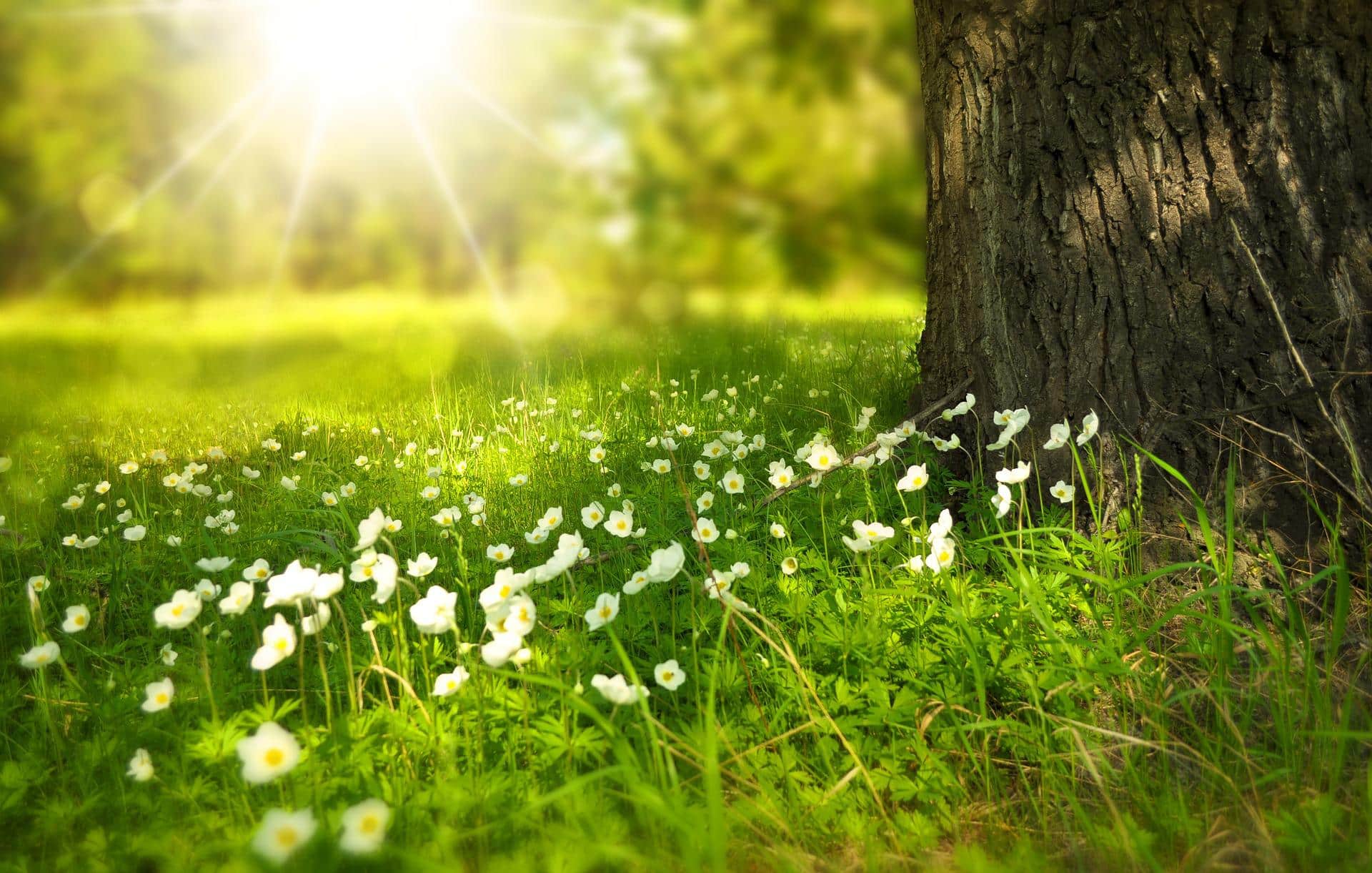Last week, we were lucky to have four fabulous students join us on a ‘micro-internship’. Micro-Internships are 2-5-day voluntary learning and development opportunities exclusively on offer to Oxford University students. Here three of them share what they worked on and the highlights of their time with us.
“An incredible feeling” – Isabel Fernandez-Victorio
We started the week by interviewing Heather J. Lynch on Antarctic penguins. I must confess I was really nervous for this part, but it went without a hitch. More than that, I enjoyed it quite a lot!
After that, we got started on infographics. We made sure to show children how to get involved with projects such as counting penguins using Penguin Watch. Later, when we received feedback from the children, it was really exciting to hear they were taking part in the Penguin Watch project, and that it was due to our infographics. That was an incredible feeling.
The engagement from the Conservation Optimism team was also incredible. They took the time to review our infographics. I also had the pleasure of attending the team’s monthly meeting that was held over Zoom. Since this was my first contact with a team meeting it was a really useful experience for me.
But more than that, listening to the status reports of the team during the meeting, it was honestly inspirational. Here is a team that is passionate and hard-working about helping the planet and I am so thankful to have formed a part of it.
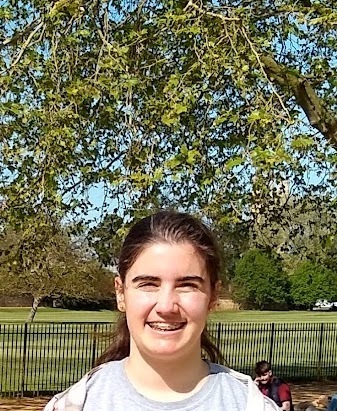
Isabel Fernandez-Victorio
“Planting seeds of knowledge and interest” – George Rabin
Communicating science, nature and conservation to young people is essential for helping to instil a love of nature and the necessary knowledge and passion to conserve and restore the natural world. Conservation Optimism’s niche of communicating stories of positive change, without losing sight of the immense challenge at hand in combating the climate and biodiversity crises, helps to inspire similar action to be taken.
Planting seeds of knowledge and interest – an apt metaphor for a conservation organisation – in young people can help inspire and empower them to make positive changes. And we should not underestimate the ability of young people to absorb knowledge and expand on it. This motivation and my interest in science communication led me to apply for this micro-internship.
The topic on which I worked with Isabel is unquestionably enticing; “monitoring Antarctic penguin colonies from space” involves using satellite images to enhance our understanding of the natural world and how we can conserve penguins.
Interviewing Dr Heather Lynch to discuss this topic was a highlight of this internship. Being able to hear directly from researchers enhances your understanding of their work. And a strong grasp of scientific content is crucial for being able to summarise concisely and communicate their work to a young audience.
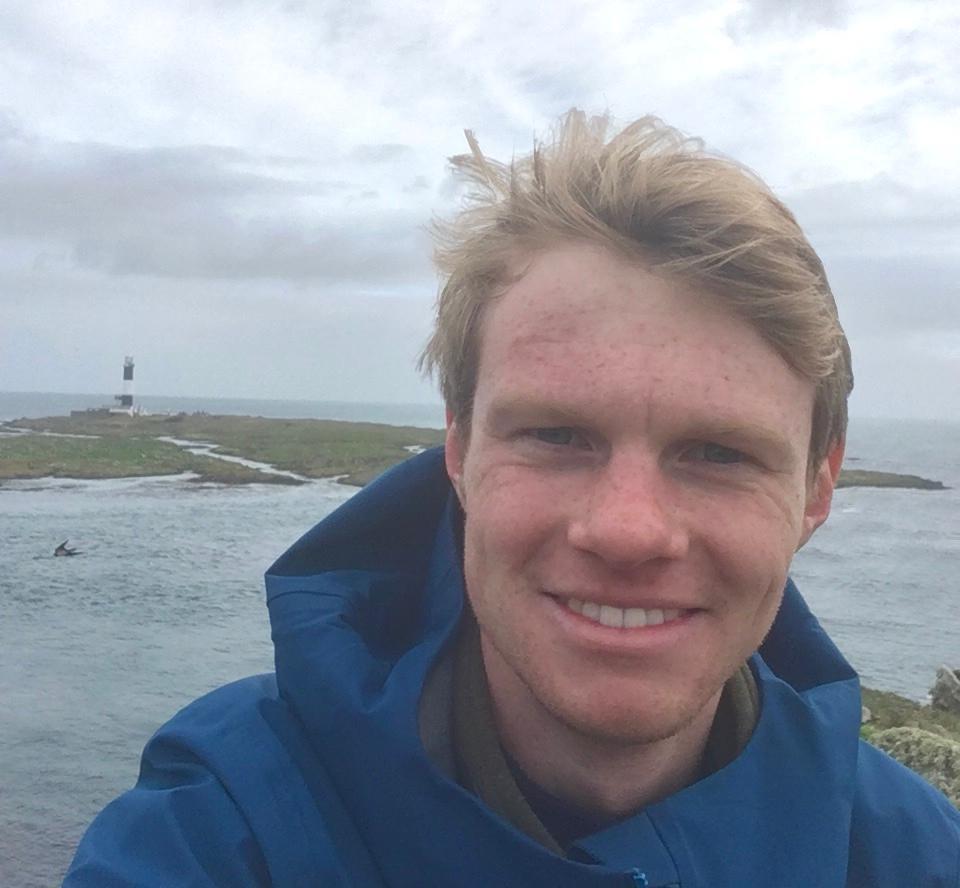
George Rabin
“No one way to look at conservation” – Beth Barnes
Working with Conservation Optimism has opened up opportunities and future career paths that I hadn’t considered before. Not only that, but it has shown me that there is no one way to look at conservation. Sometimes, it is worthwhile to focus on the positive impacts that the conservation movement has had, to appreciate the work that is being done.
I enjoyed being able to explore my creative side by creating infographics and resources for children on the Philippine crocodile, as well as being able to speak to leading members in the field.
I have learned more about crocodiles than I could have expected!
It was great to meet the team and to see all the different kinds of work that they are doing. This has given me a greater appreciation for the scope of conservation and the variety of work that is being done within it.
I found the conversations about human behaviour and attitudes to the movement particularly fascinating. As a psychology student, it’s really interesting to see practises we’ve learned about in theory being put to use for something as important as conservation.
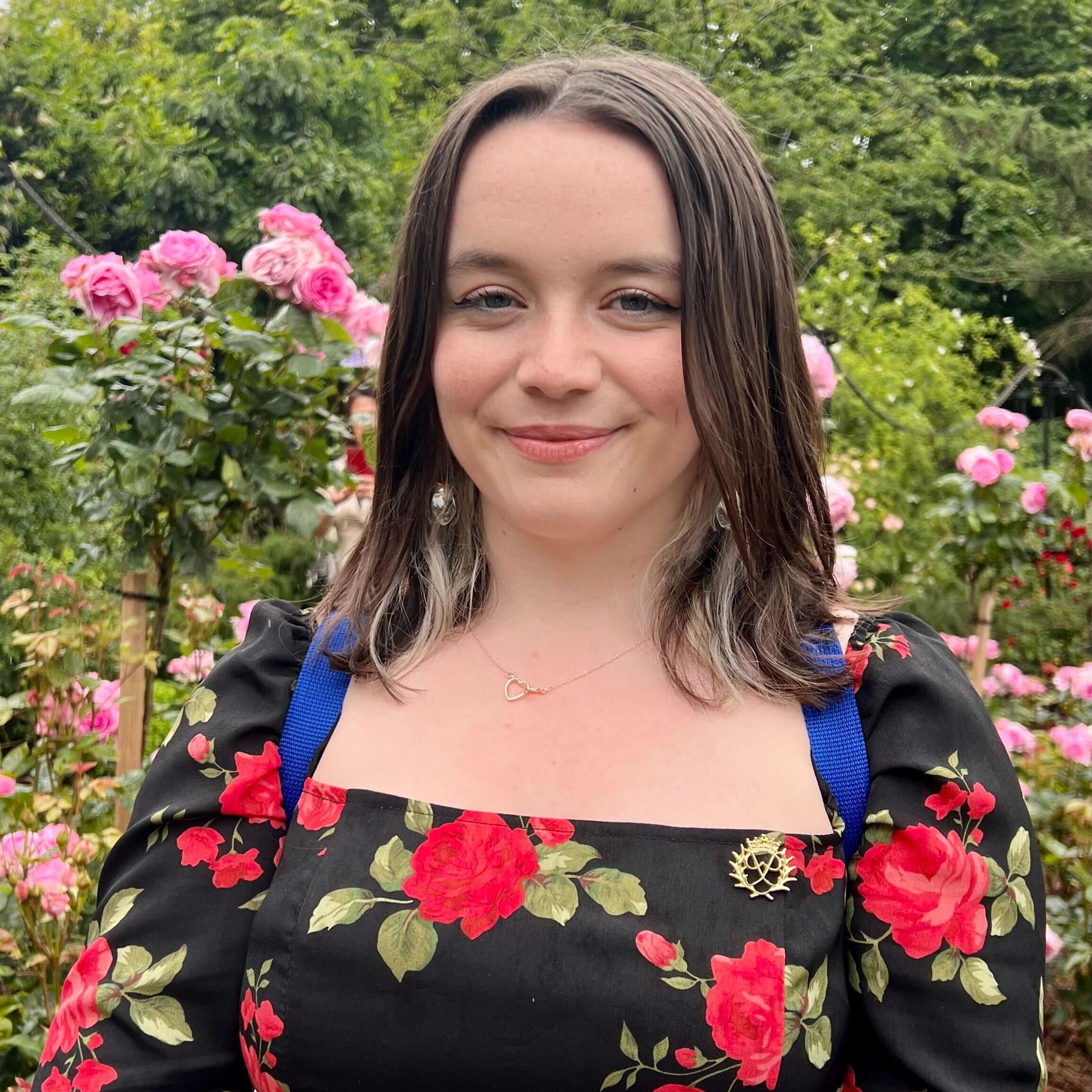
Beth Barnes
“The importance of having a positive outlook” – Thi Hoa
During my time with Conservation Optimism I also helped creating infographics on the Philippine crocodiles. I wanted to intern there to learn more about recovering species around the world and understand how the IUCN green list is formed.
Success stories of species are frequently overlooked, so the work Conservation Optimism does is essential in encouraging the next generation of conservationists.
The highlight of my week was interviewing Drs. Merlijn Van Weerd about his work with the Philippine crocodiles and the inspirational conservation efforts of the Mabuwaya Foundation. Due to the rarity of the species, there are still many unanswered questions about their reproduction and lifestyle. This is an area of biology I hope to contribute to in the future!
Through interning at Conservation Optimism, I recognise the importance of having a positive outlook on the current biodiversity crisis. It has also shown me how useful collaborative work can be in science communication. The internship has exposed me to a pool of conservationists around the world, and I look forward to following their work!
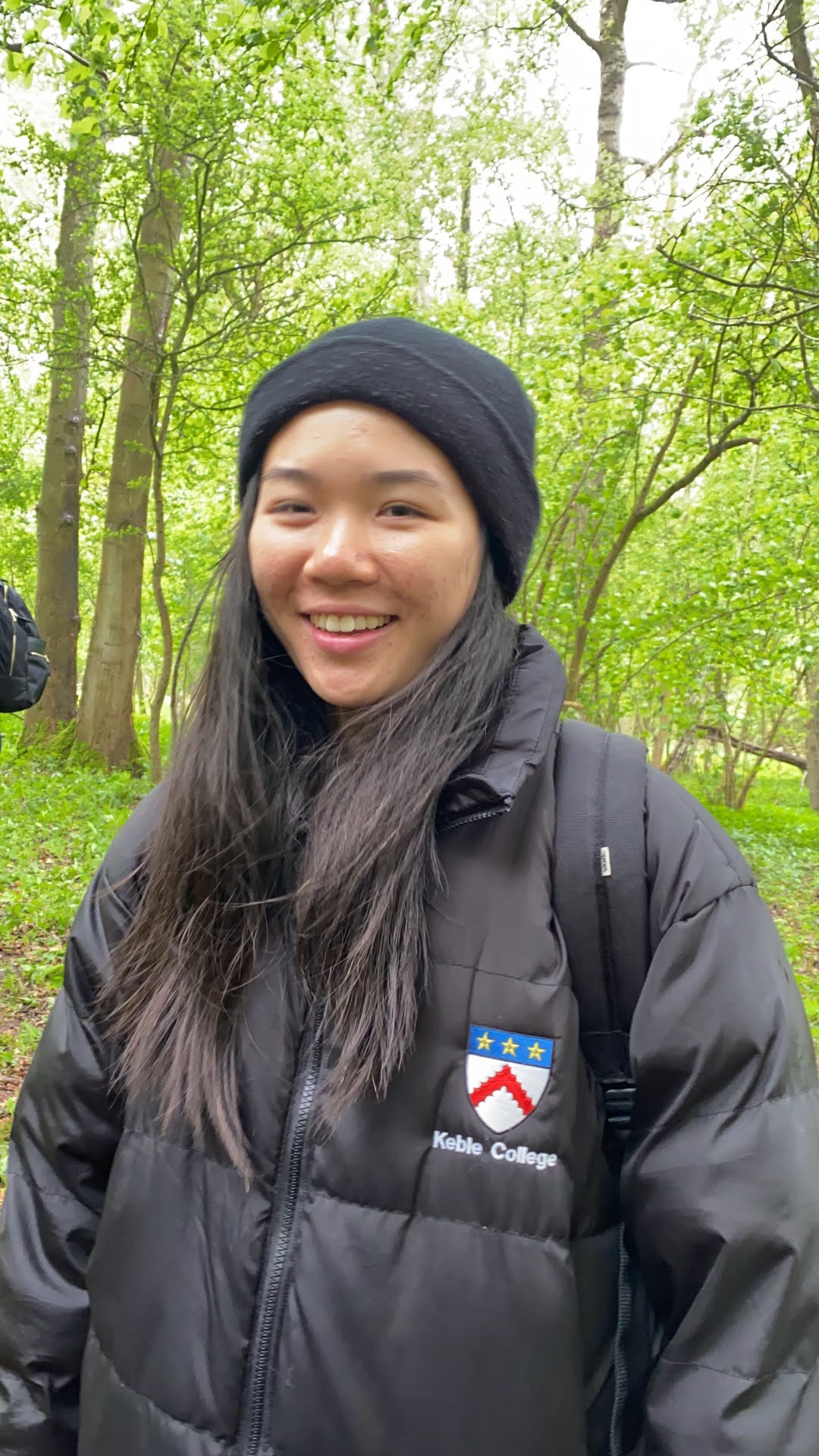
Thi Hoa

